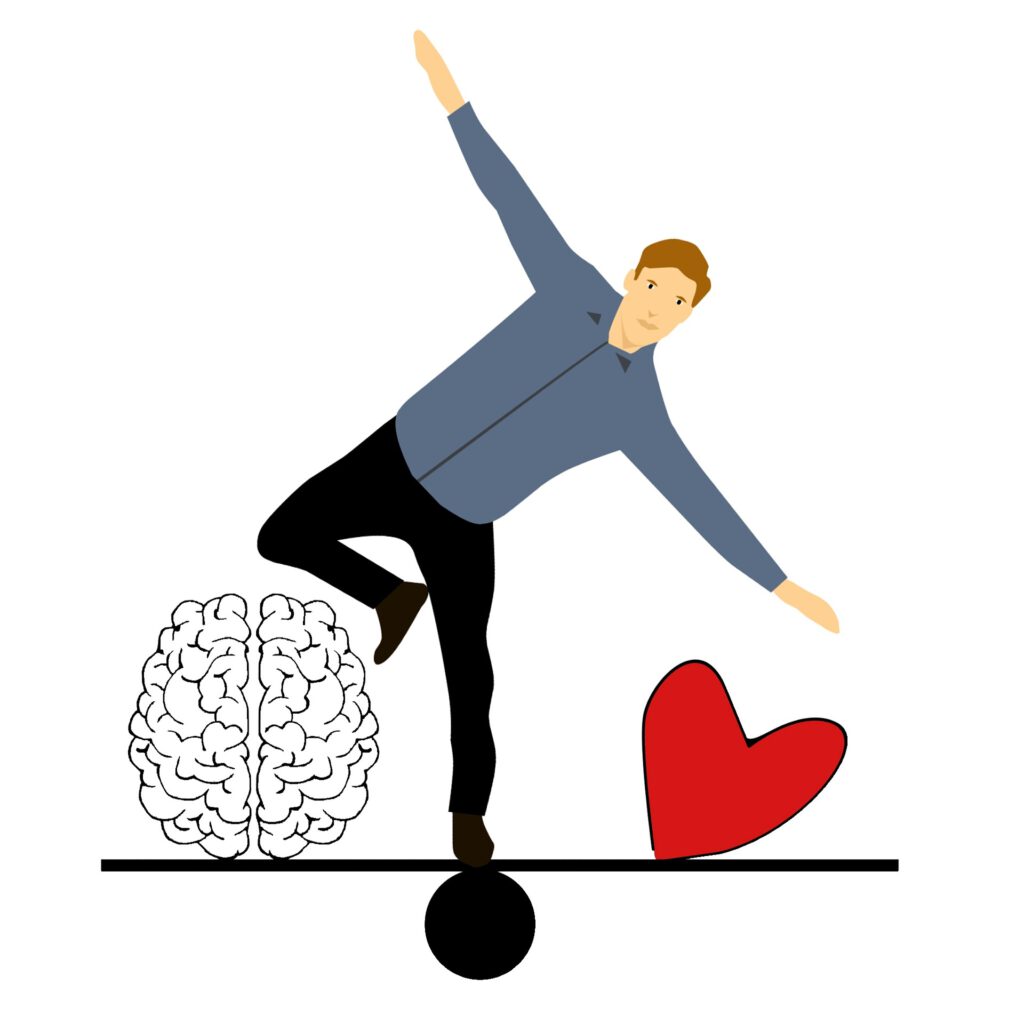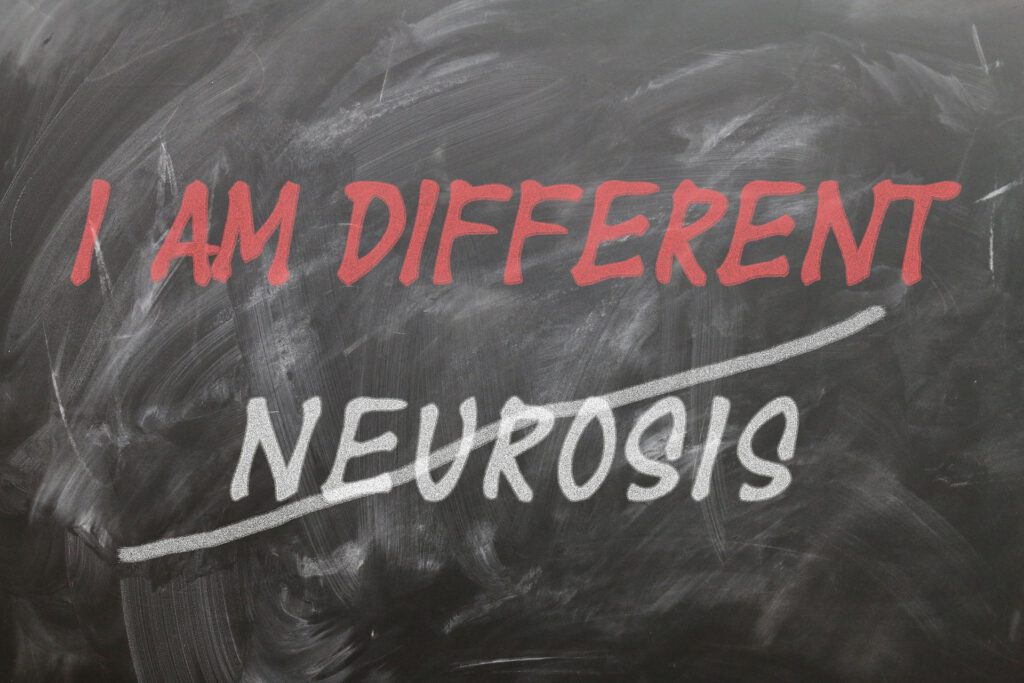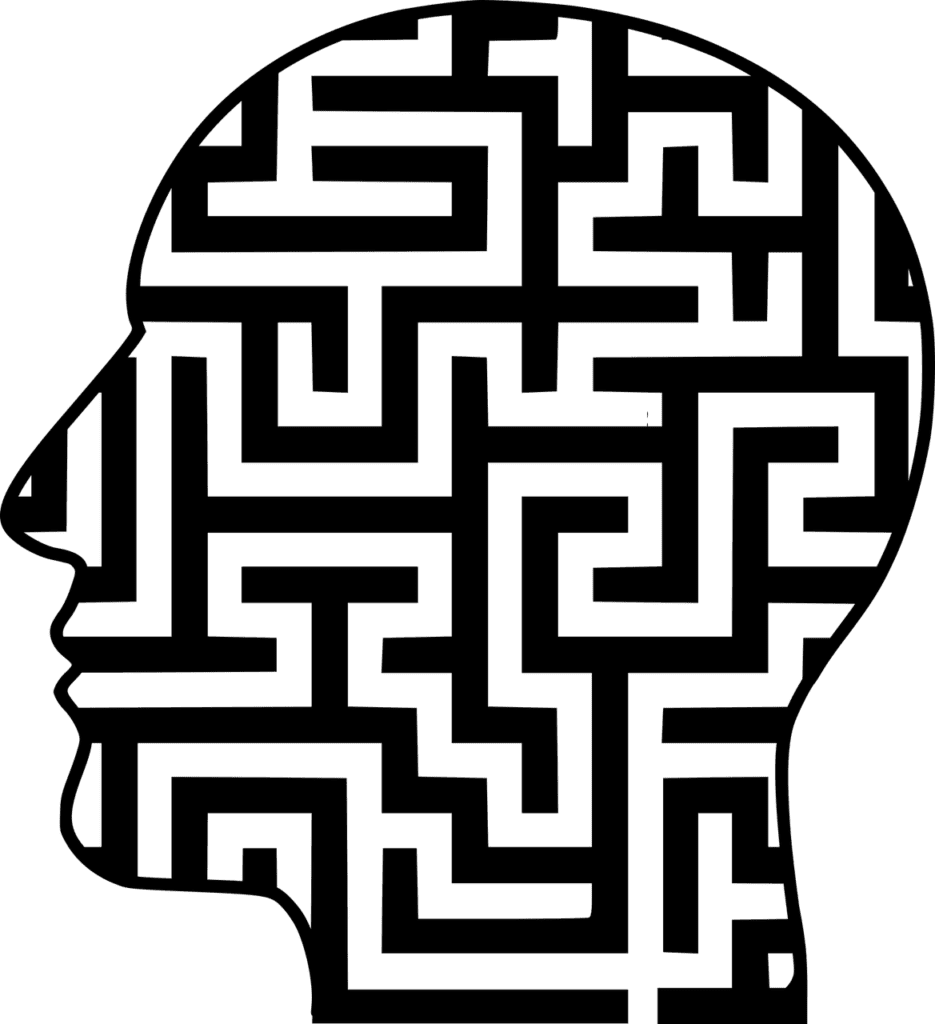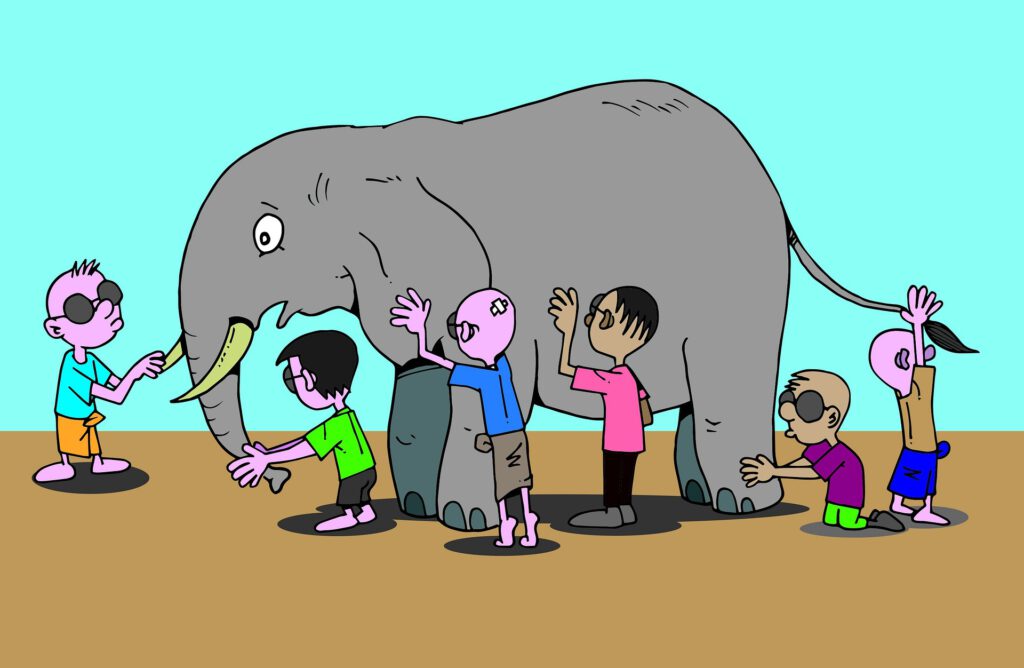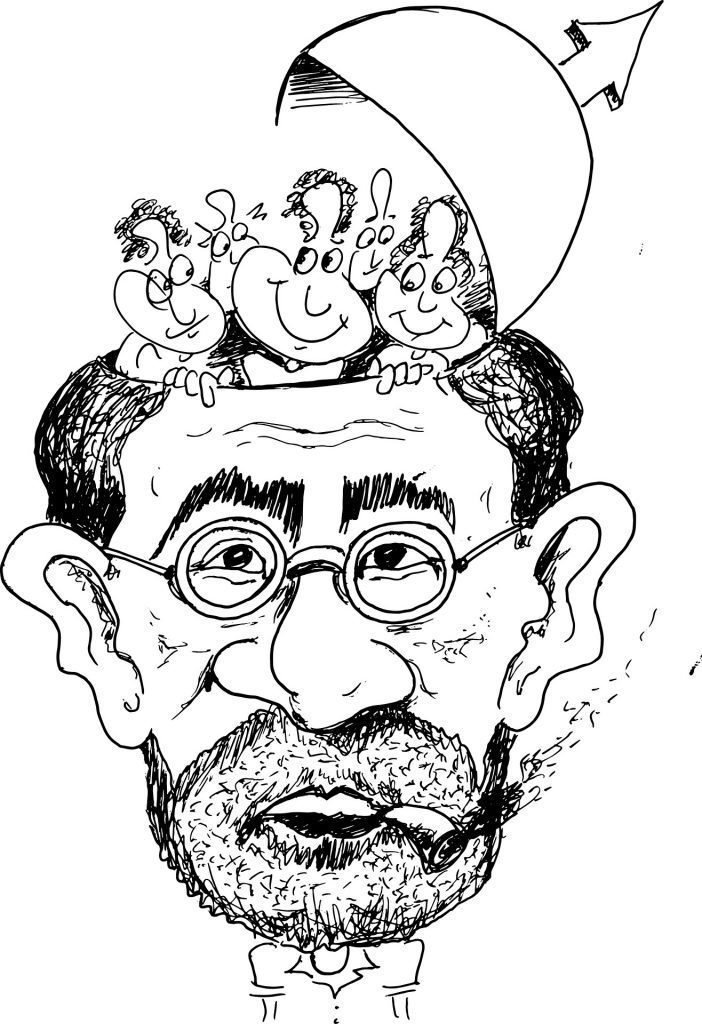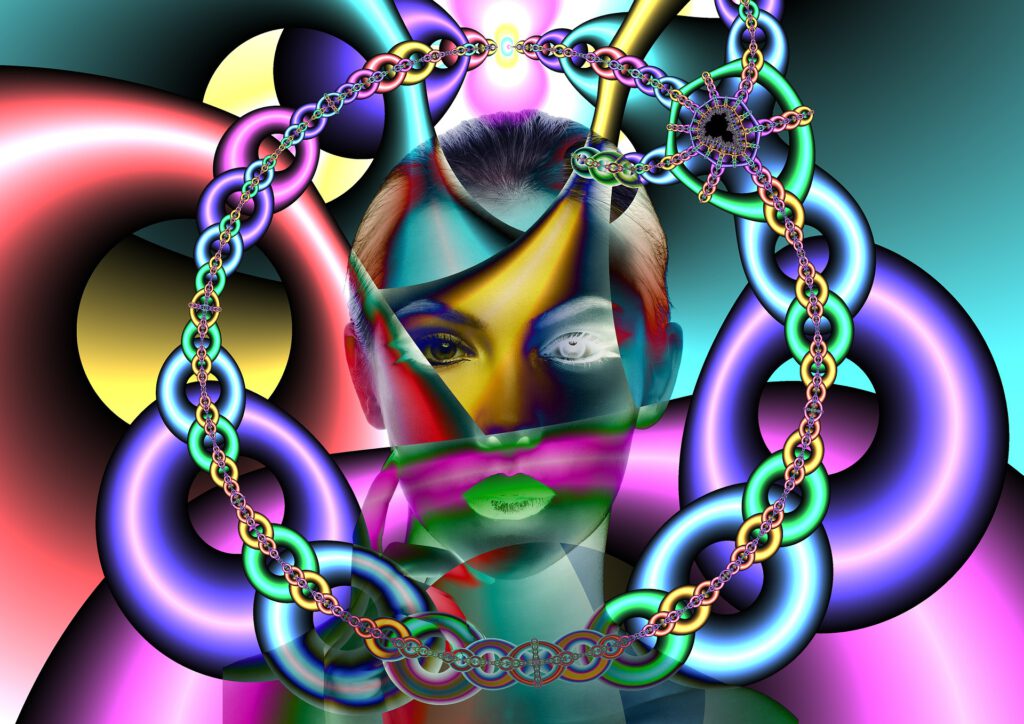Childhood trauma (cPTSD) – definition
Developmental trauma disorder definition Childhood trauma disorder (cPTSD)- definition = Consequence of serious traumatic stress in childhood through real sexual abuse or aggressive abuse that lead to strong psychological distress, including, among other things: Helplessness Powerlessness Hopelessness and the feeling of being overwhelmed by these affects Next to these trauma consequences, children’s fantasies add to […]


